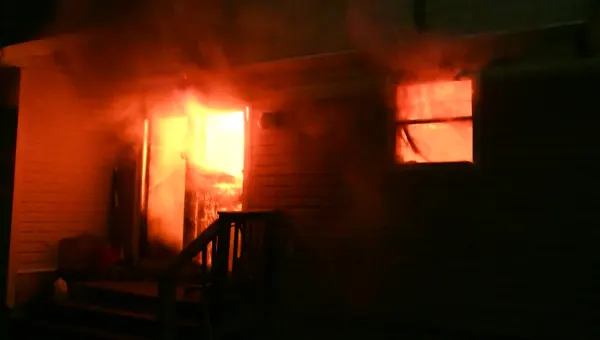More from News 12
1:55
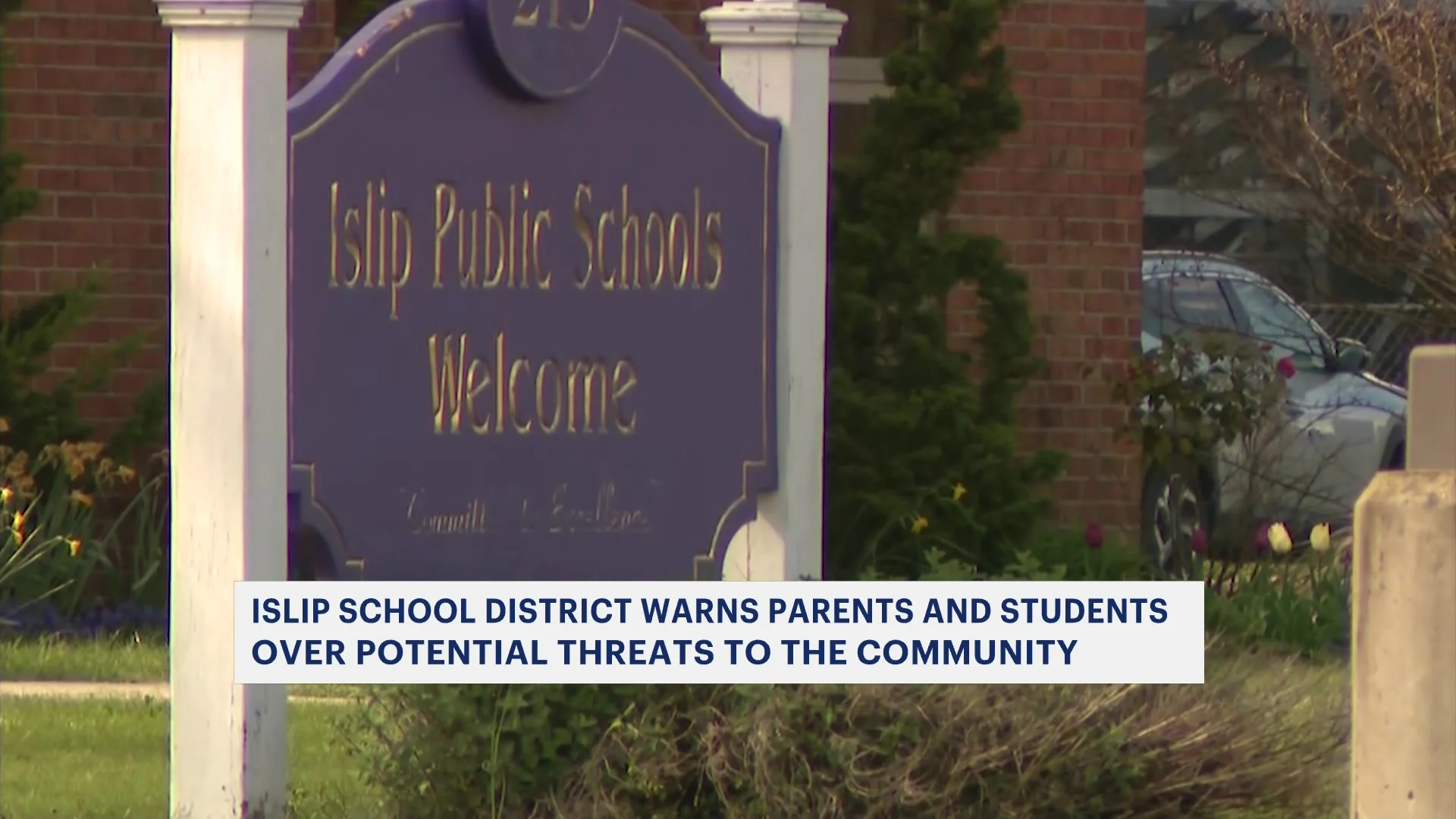
Islip School District on alert due to threat
1:31
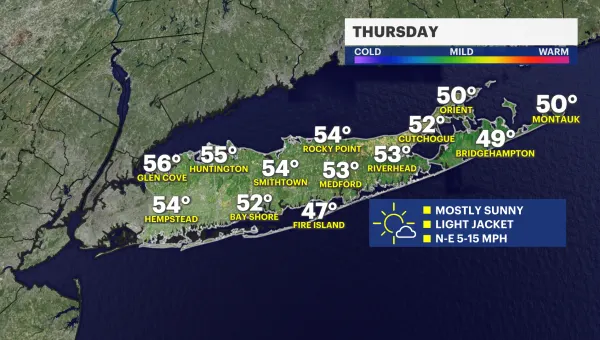
Mostly sunny and cooler Thursday before near seasonal temps return
2:17
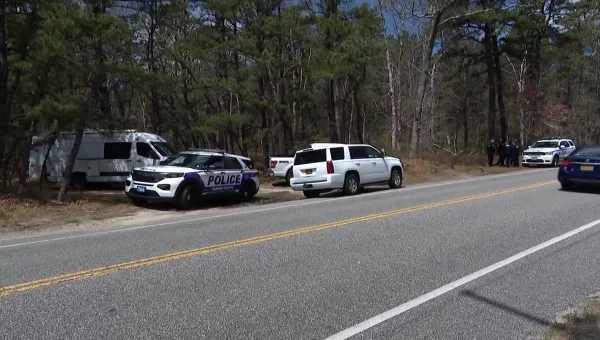
Sources: Multiple agencies search Manorville location in connection to Gilgo Beach investigation
1:53

Shop Mother’s Day Gifts – Exclusive Offers Up to 75% OFF!
0:25
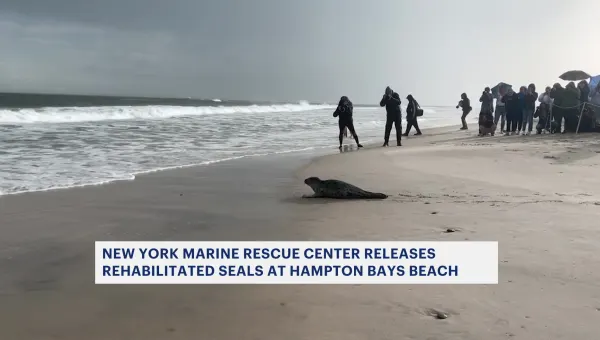
2 seals released into waters at Tiana Beach in Hampton Bays
2:01

Police: 21-year-old woman fled fatal Massapequa DWI crash in stolen town patrol car
1:43
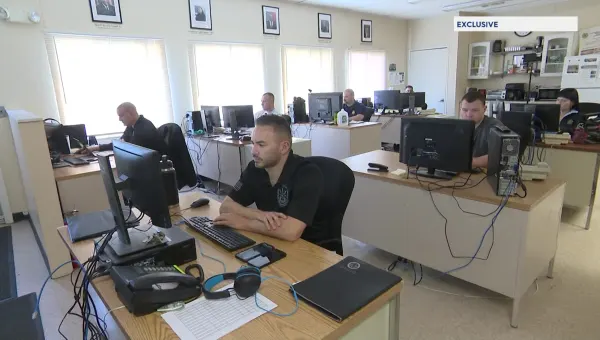
News 12 takes an exclusive look inside the Suffolk County Corrections Intelligence Center
0:20

Police: Hempstead man killed in 3-car crash on Meadowbrook Parkway
0:27
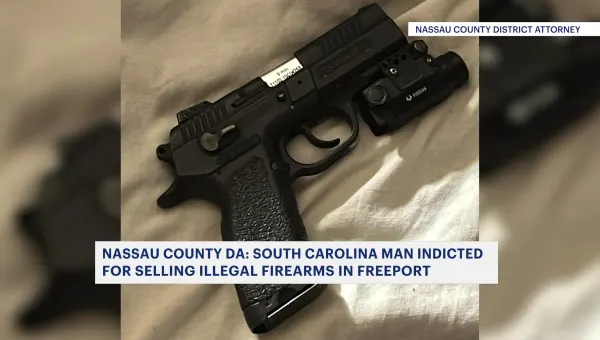
Nassau DA: South Carolina man sold 11 illegal firearms in Freeport
0:21

UBS Arena to host 2024 MTV VMAs in September
0:26
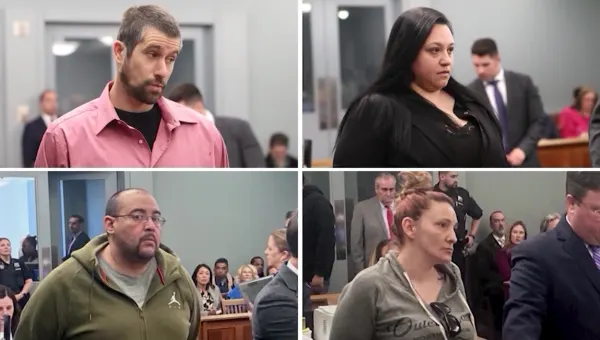
Court adjourned for two suspects in human remains case
0:31

John's Crazy Socks, Guide Dog Foundation unveil world's first tactile Braille socks
1:33

Garden Guide: What is community-supported agriculture?
1:38

What's Cooking: Uncle Giuseppe's Marketplace's Key Lime Pie
0:23

Pitbull announces tour stop at Jones Beach Theater in Wantagh
1:40

Remains of 7 WWII vets found at Freeport funeral home
0:34
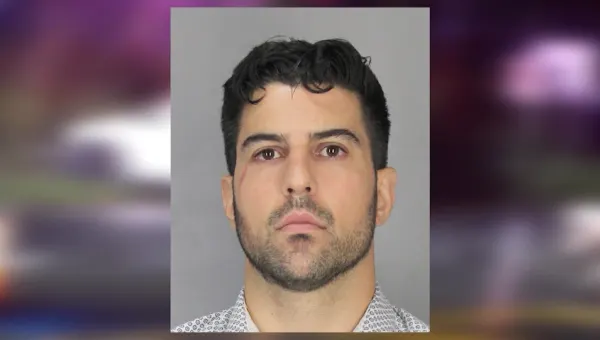
DA: Syosset man pleads guilty in DWI crash that killed married couple in Laurel Hollow

Is your mom awesome? Long Island tell us why your Mom Rocks!
1:57
